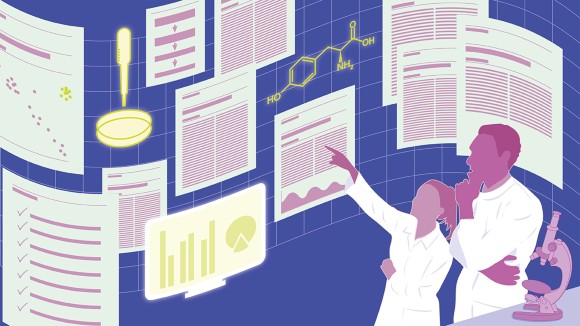Journals publishing methods and protocols
Repositories and databases
Experiments - This links to a database that includes content from Springer Protocols, Nature Protocols and Nature Methods
Data Repository Guidance - This list is curated by the editors of Scientific Data, a SpringerNature journal that publishes data descriptors.
Webinars
How to make your research reproducible? (2021) In response to the reproducibility, many funders and publishers globally introduced new guidelines to safeguard the reproducibility of research. In this Nature webcast a panel of experts discuss these guidelines.
Rigorous data collection and analysis (2017) Three experts in experimental design and analysis describe common pitfalls and how to avoid them. Topics included in the webcast include: when to use p-values and when to avoid them, how and when to use the concept of statistical power to test for treatment effects, and how to include clever controls to rule out alternative hypotheses.

